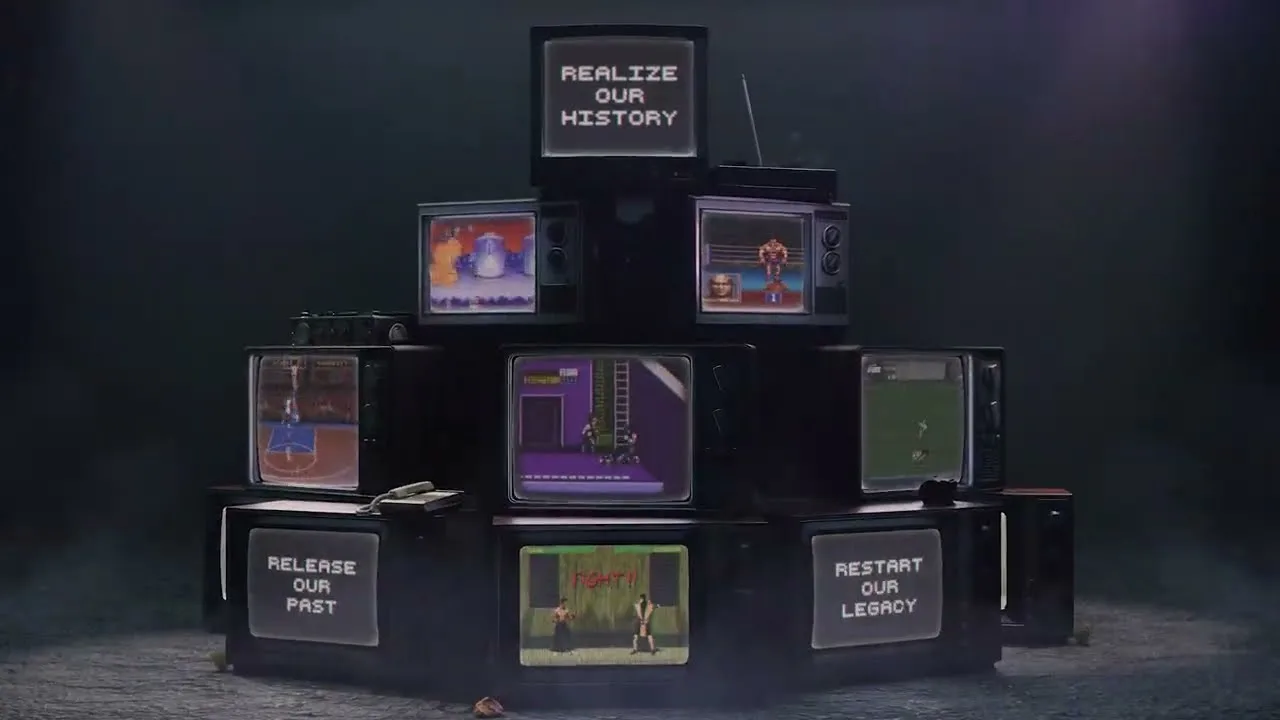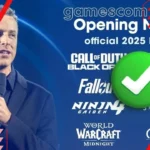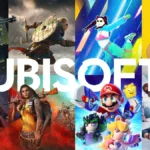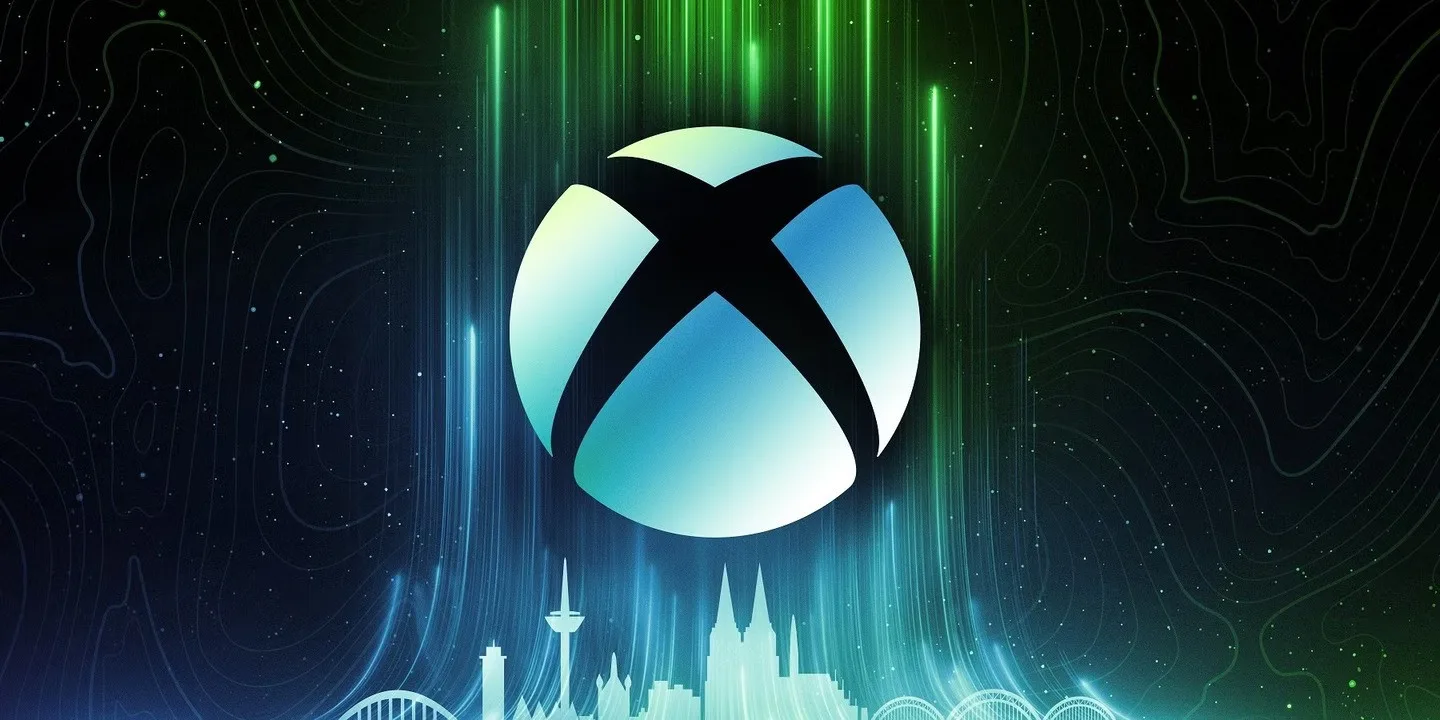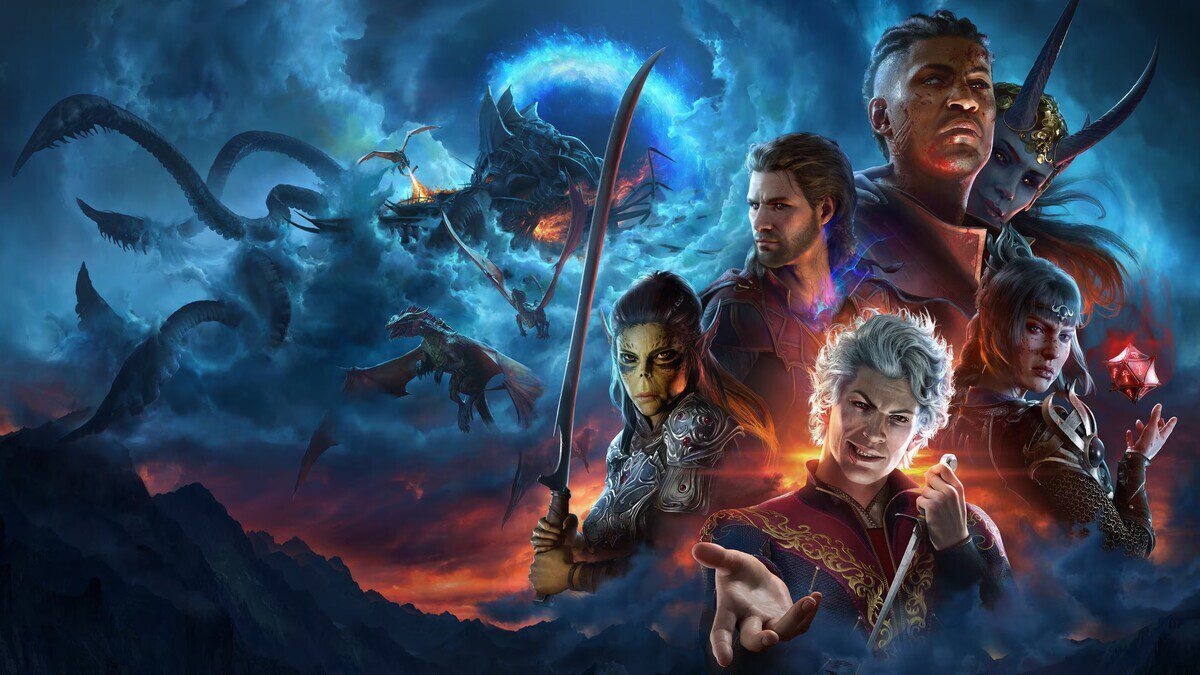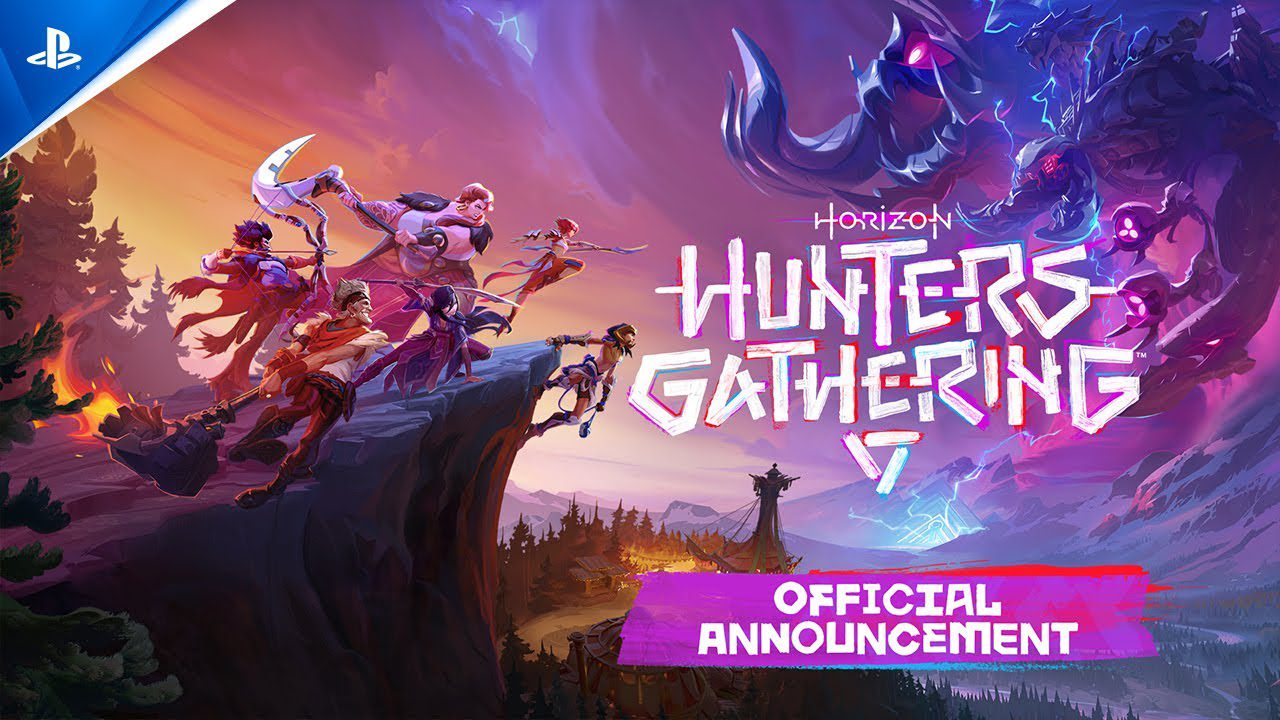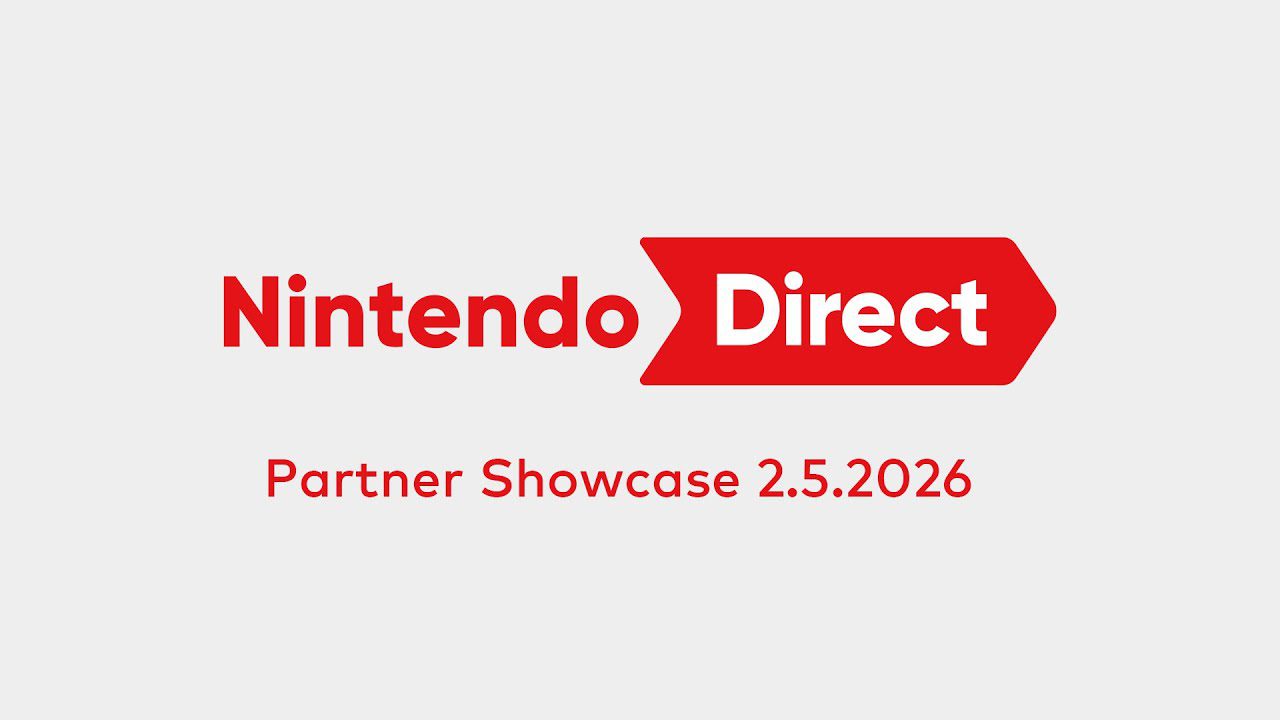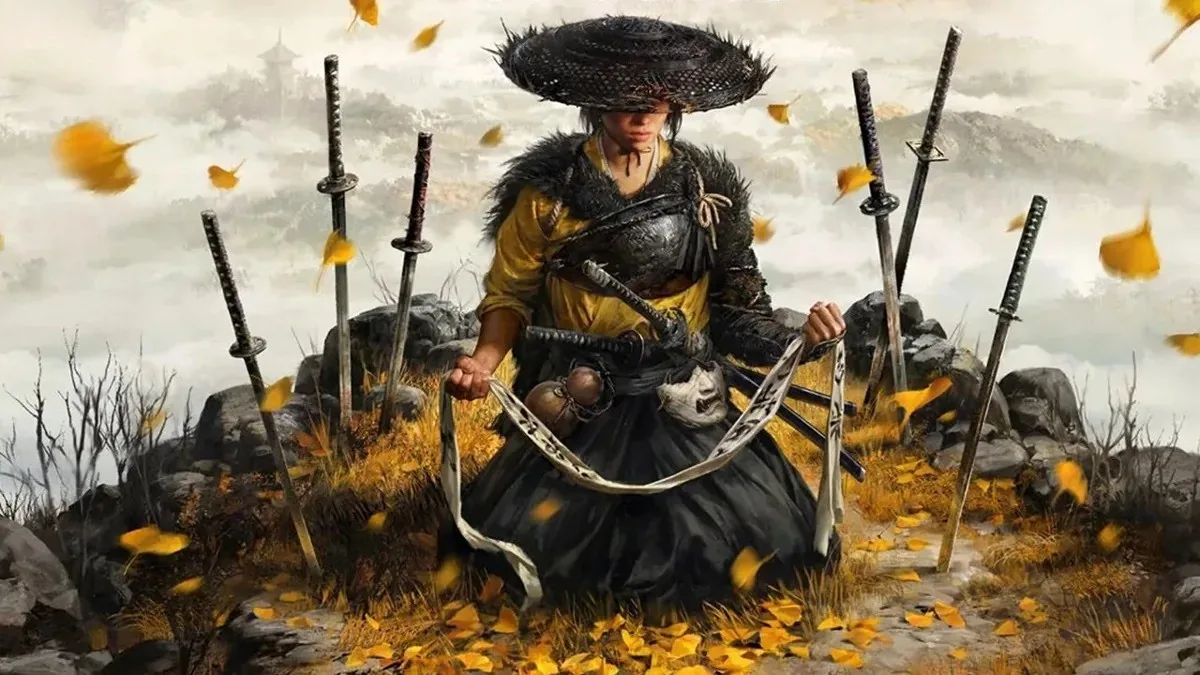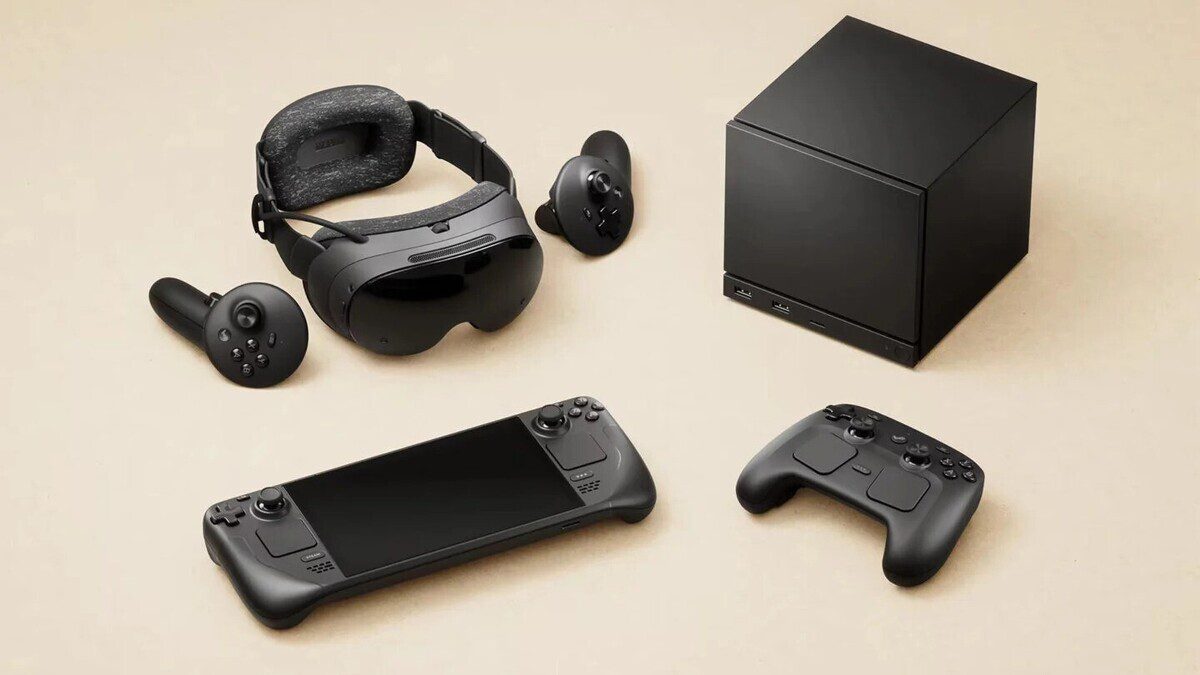When the name Acclaim flashes across a screen, it’s more than just a logo—it’s a time capsule. For gamers who came of age in the late ’80s and ’90s, Acclaim was synonymous with licensed blockbusters, arcade-to-home conversions, and a certain brand of chaotic, sometimes controversial marketing. Now, over two decades after its 2004 bankruptcy, the publisher is officially back, and it’s promising not just nostalgia, but reinvention.
The Announcement: A Showcase to “Level Up”
Earlier this year, Acclaim—now under the leadership of CEO Alex Josef, founder of Graffiti Games (Turnip Boy Commits Tax Evasion)—announced its return to the industry. The revival isn’t just a name grab; Josef has assembled an advisory board of industry veterans and pop culture figures, including licensing expert Russell Binder, business strategist Mark Caplan, and wrestling legend Jeff Jarrett, who once appeared in Acclaim’s WWF Attitude.
The first major step in this comeback will be the #PlayAcclaim Showcase on September 10, 2025 at 11:30am PT / 2:30pm ET / 7:30pm BST, streamed via Acclaim’s official YouTube channel. The event promises to unveil titles that will “mark the beginning of a bold new era,” with a stated mission to “resurrect and revitalize its beloved portfolio of classic IP enjoyed for years by millions of players”.
Josef’s own words set the tone:
“We’re not here to chase ghosts. We’re here to take the energy and chaos that made Acclaim unforgettable and channel it into something new. The old screens are cracking, and what’s coming through is something exciting and different.”
Acclaim Then: The Rise, the Reign, the Fall
Founded in 1987 in Glen Cove, New York, Acclaim quickly became a dominant force in the console publishing scene. Its strategy was clear: secure high-profile licenses, partner with arcade giants, and flood the market with recognizable brands.
Some of its most notable contributions included:
- Arcade-to-Console Hits: Mortal Kombat and NBA Jam home versions brought Midway’s arcade magic into living rooms.
- Licensed Adventures: The Simpsons: Bart vs. the Space Mutants, Terminator 2, Alien 3, and South Park were part of a vast portfolio of pop culture tie-ins.
- Original IP Success: Turok: Dinosaur Hunter became a flagship N64 title, blending first-person shooting with prehistoric spectacle.
- Wrestling Dominance: WWF titles like WWF Attitude and WWF War Zone cemented Acclaim’s place in sports entertainment gaming.
But the company’s aggressive expansion, coupled with a shifting market and critical backlash to rushed or low-quality releases, led to financial instability. On September 1, 2004, Acclaim filed for bankruptcy, its assets scattered and its name relegated to gaming history.
Acclaim Now: Strategy for a New Generation
The 2025 incarnation of Acclaim is positioning itself as both a steward of its legacy and a forward-looking publisher. The emphasis is on revitalizing classic IP while also embracing new creative directions. The advisory board’s mix of licensing, business, and entertainment expertise suggests a multi-pronged approach:
- Nostalgia with Modernization: Updating beloved franchises for contemporary platforms and audiences.
- Cross-Media Synergy: Leveraging licenses for games that can live alongside film, TV, and streaming tie-ins.
- Community Engagement: Using events like the September showcase to build hype and transparency from day one.
Jeff Jarrett’s involvement is more than symbolic—his crossover appeal between wrestling and gaming mirrors Acclaim’s own history of blending pop culture with interactive entertainment.
Acclaim’s return isn’t just another retro brand revival. It’s a test case for how dormant publishers can re-enter a radically transformed industry. In 2004, digital distribution was in its infancy, esports was niche, and social media marketing barely existed. In 2025, the rules have changed—audiences are more vocal, competition is fiercer, and nostalgia alone won’t guarantee success.
If Acclaim can balance reverence for its past with bold, innovative projects, it could carve out a unique space in today’s market. If not, it risks becoming another footnote in the long list of gaming comebacks that couldn’t stick the landing.
Acclaim’s story is a reminder that gaming history is cyclical. The same forces that once propelled it to the top—cultural relevance, licensing savvy, and a willingness to take risks—are still valuable today. The difference is that now, the audience has a louder voice and a longer memory. September’s showcase will be the first real measure of whether this revival is a heartfelt reboot or just a brand in search of a pulse.

